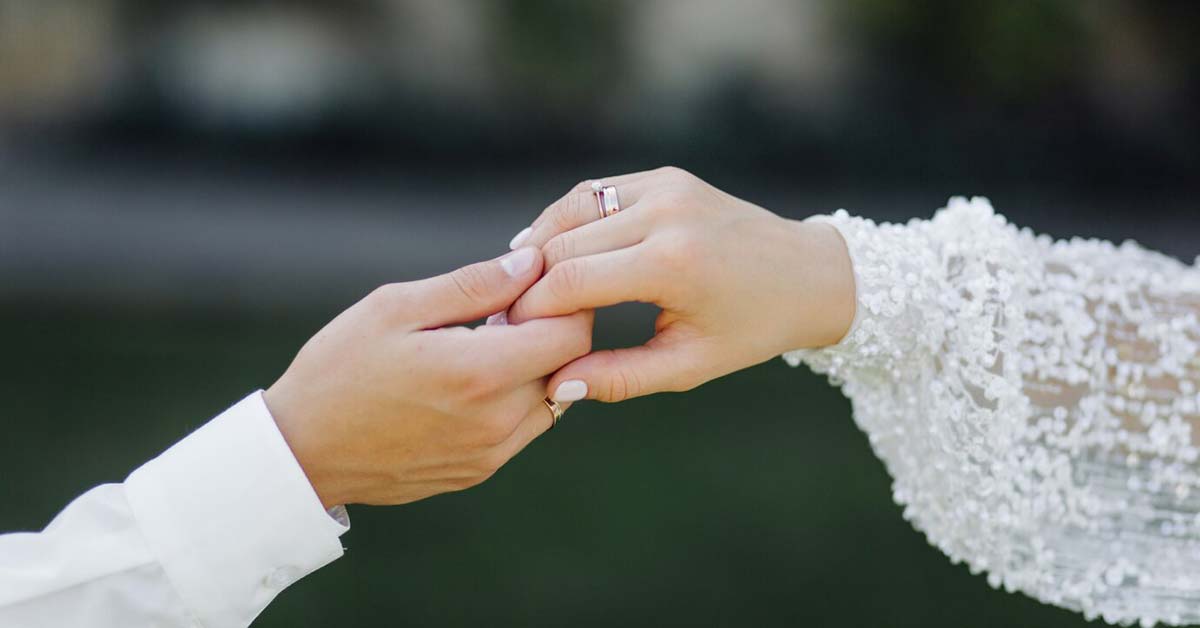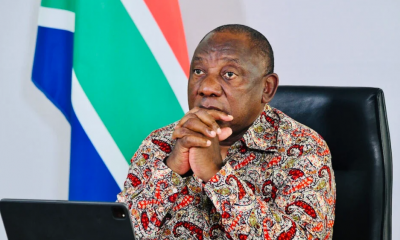411
New Muslim Marriage Certificates Stir Controversy: What South African Couples Need to Know

New Muslim Marriage Certificates Spark Debate in South Africa
The Department of Home Affairs’ recent decision to issue Muslim marriage certificates has sparked debate in South Africa. This new approach aims to give Muslim couples formal marriage recognition, but it has raised concerns about compliance with Islamic law.
Home Affairs Issues First Muslim Marriage Certificates
On October 15, 2024, Home Affairs Minister Dr. Leon Schreiber issued the first 33 Muslim marriage certificates. This development follows system updates that allow the department to document Muslim marriages specifically. For a R20 fee, couples can also request a reprint to specify “Muslim marriage” on their certificate. However, this documentation does not fully meet sharia requirements.
Concerns from the Muslim Judicial Council
The Muslim Judicial Council (MJC) has expressed serious concerns. As a key authority on Islamic law in South Africa, the MJC says these certificates do not meet the criteria for a true Muslim marriage. Moulana Ismail Tofie, MJC Secretary General, reaffirmed the council’s commitment to the Muslim Marriages Bill (MMB) and the Muslim Personal Law (MPL) as better frameworks for South African Muslims. He advised Muslim couples to be cautious. “The current certification format does not meet sharia requirements,” he said. The MJC plans to give further guidance once it reviews the matter legally.
Women’s Legal Centre Weighs In
The Women’s Legal Centre (WLC), a legal advocacy group, also shared insights. They clarified that, under the Marriage Act of 1961, Muslim couples can register their marriage and receive a certificate, giving it civil validity. But they emphasized that these certificates are not recognized as “Muslim marriages” under Islamic law.
In the mid-2000s, the DHA trained some Muslim clerics to perform marriages under the Marriage Act. However, the WLC explains that the current framework does not fully recognize these unions as religious marriages.
What This Means for Muslim Couples
This new certificate offers Muslim couples a form of civil recognition. But the MJC advises against accepting this format, as it does not align with sharia. The WLC also encourages Muslim women to consider this difference before obtaining these certificates. This recent decision has reopened discussions within South Africa’s Muslim community. Many are asking how to balance religious traditions with legal recognition.
Questions of Compliance and Recognition
The introduction of Muslim marriage certificates is a step toward legal inclusivity, but it raises concerns about religious compliance. Both the Muslim Judicial Council and Women’s Legal Centre urge awareness and caution. For now, South African Muslim couples must weigh the benefits and limitations as they consider this option.


























